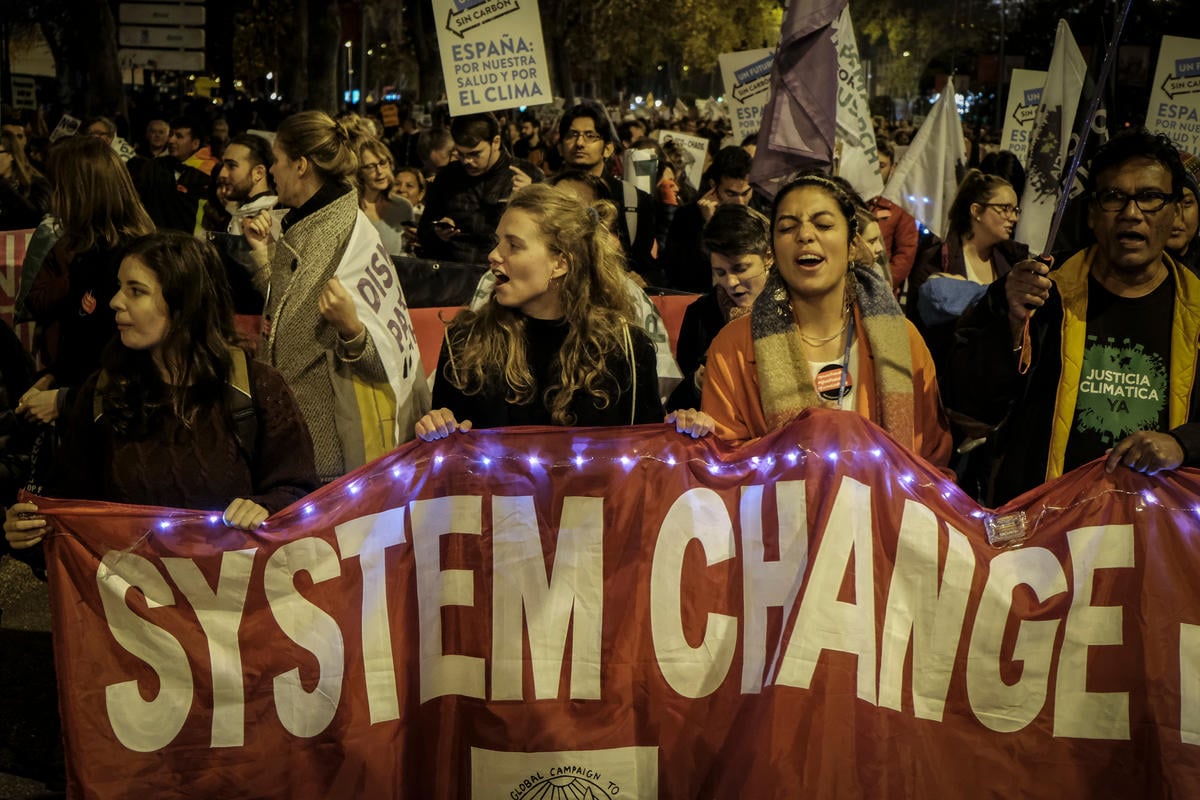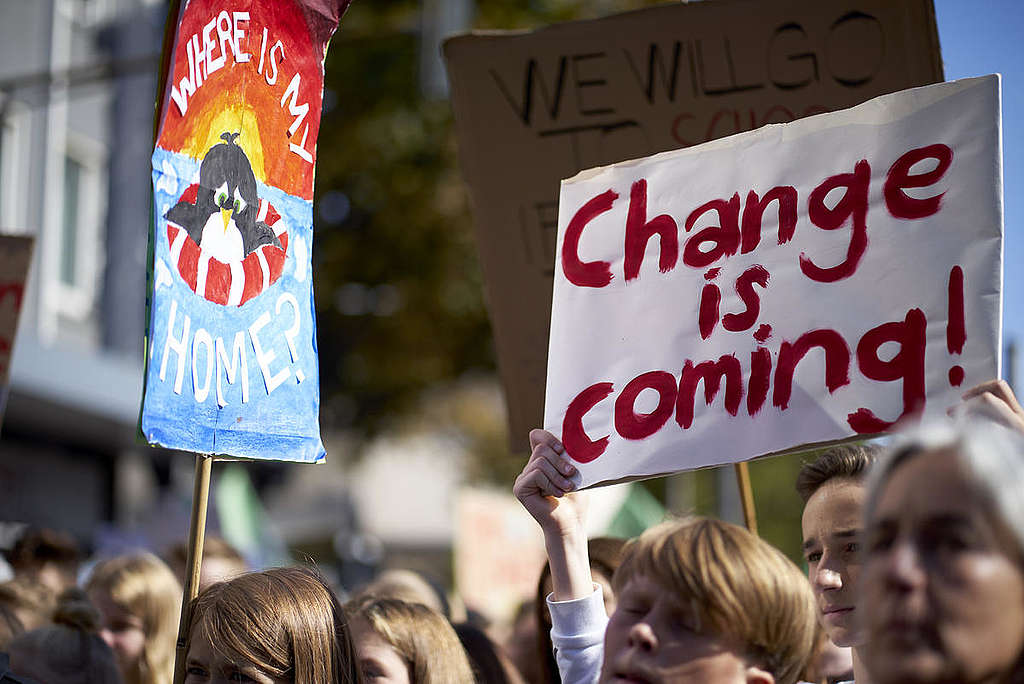
This week multinational CEOs, government leaders, wealthy elites and other power holders gather at the World Economic Forum in Davos where one of the four major themes is "creating growth". Ironic, as by now it's indisputably established that our economic system, dependent on growth and debt, is the root cause of the continued and escalating polycrisis that particularly affects the most marginalised and has pushed humanity beyond 6 of 9 planetary boundaries.
While the solutions to the many and severe problems are complex and need to be carefully adapted to local geographies and their inhabitants, the fundamental concepts on how we should reorganise our societies and economies are clear and gaining ground. It's not rocket science, but it will take great collective effort to get there. The answer is a Wellbeing Economy, an alternative economic system that shifts focus from growth towards the wellbeing of people and the ecosystems that we're part of.

Wellbeing is not a new idea, but it's gaining traction
The Wellbeing Economy Alliance was founded in 2018, but the ideas about limits to growth have been around since the early seventies. Unfortunately, the focus on growth and the narrative stipulating GDP as the main measurement of progress is what has prevailed, benefiting just a few at the expense of many. Oxfam just released a report that shows that the five richest men have doubled their wealth since 2020, while five million people have become poorer. Poverty is surging, ecosystems are collapsing and the planet is heating up. Hence, ordinary citizens are starting to question whether more growth, extraction, exploitation and increasing wealth for the already super rich is the way to go.
Extreme inequality has to end. It is time for reforms that redistribute power and wealth while healing and protecting the world's ecosystems. #TimeForChange #LifeOverGrowth #AlternativeFutures https://t.co/xCVQZTTPzK
— Greenpeace International (@Greenpeace) January 15, 2024
The science is clear, we know what we need to do. In 2023, a study in Nature by prominent scientists from around the world collaborating to find holistic solutions started with the sentence: "The stability and resilience of the Earth system and human well-being are inseparably linked." They have created a way to measure and assess how we stay within both environmental and social boundaries. This is one more scientific study to add to the massive body of science on what we need to do in terms of sustainable development that will protect the climate and ecosystems.
Rising inequality, the expansion of oil and gas companies, the threat of deep sea mining – they're all driven by the greedy pursuit of infinite growth. When wellbeing is the goal, activities such as opening up a new oil and gas field, or initiating deep sea mining projects lose their purpose. It becomes clear that they're not contributing to society, they're destroying it. Only by tackling the systemic causes of polycrisis can we stop these threats and prevent future ones.
Time for reforms that redistribute power and wealth, heal the ecosystems

The transition to a wellbeing economy requires political actions that prioritise the needs of people and ecosystems over profit for a few, redistribute power, and create shared responsibility for, and access to, the yield of the commons. In practical terms, it means enacting the fundamental reforms of the international financial architecture called for by the United Nations Secretary-General and to introduce a UN Tax Convention. These suggestions are not new. In 2019 the historian Rutger Bregman made a speech that went viral at Davos where he said, "Stop talking about philanthropy. Start talking about taxes."
We need national budgets that are focused on securing people's needs, through strengthened public services in ways that also increase resilience and safeguard the ecosystems our societies rest upon. Elected leaders and public servants must focus on their core mission, which is serving the public, and cut the strings to their puppeteers who are benefiting from maintaining the status quo and the focus on growth.
So while the World Economic Forum Annual Meeting is taking place in Davos, Greenpeace and diverse organisations are advocating through citizen-driven initiatives for systemic changes that prioritise people and the planet.
It's time for a #WellbeingEconomy that puts #LifeOverGrowth.
Marília Monteiro Silva is a Senior Campaign Strategist with the Alternative Futures team and Isadora Wronski is the co-lead of the Wellbeing Economy project, both at Greenpeace International. Agnes Jezler is the Change Campaigner with Greenpeace Switzerland.
Challenge the idea that there is only one economic model that all countries must follow.







